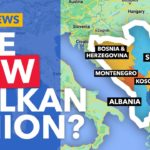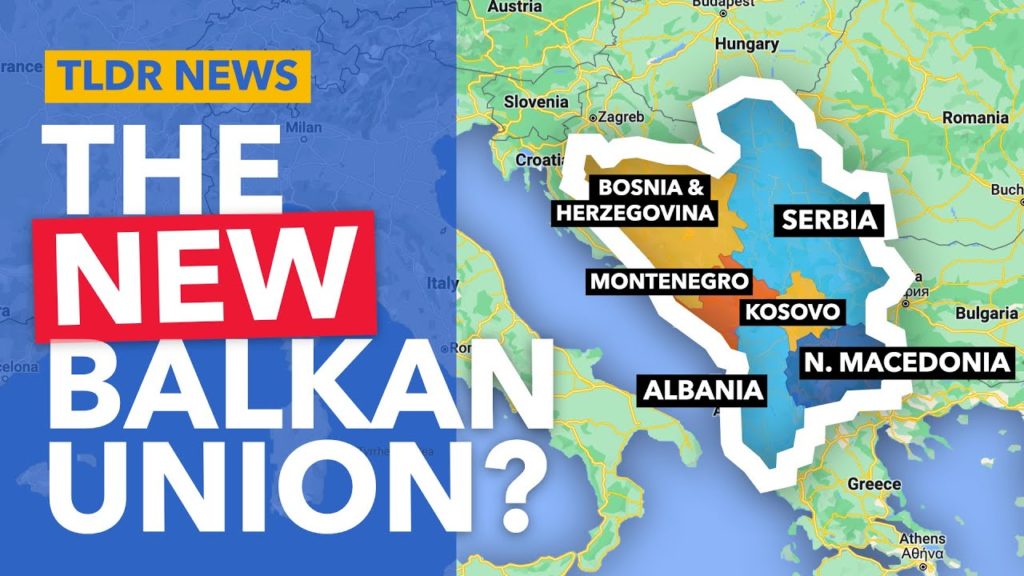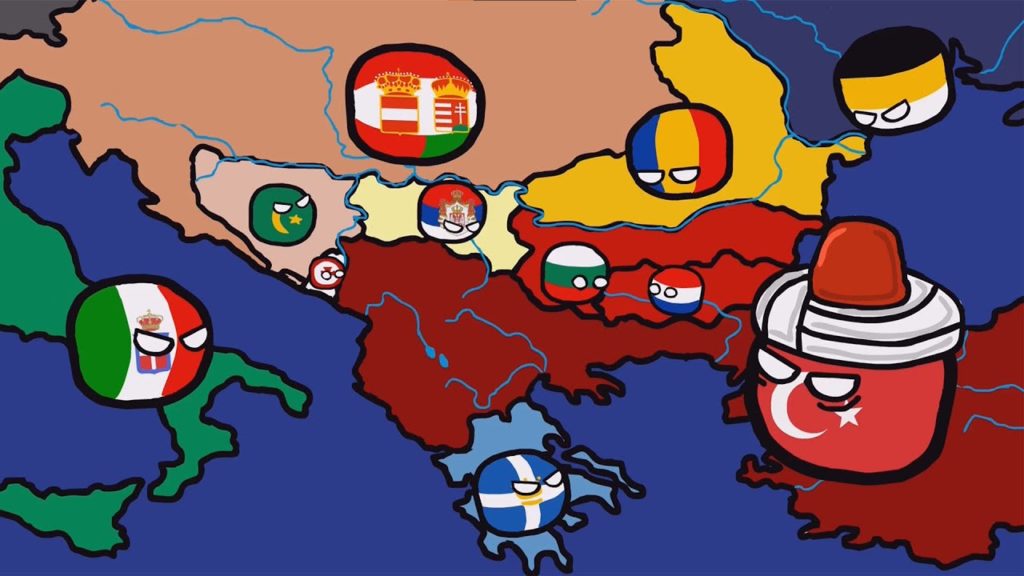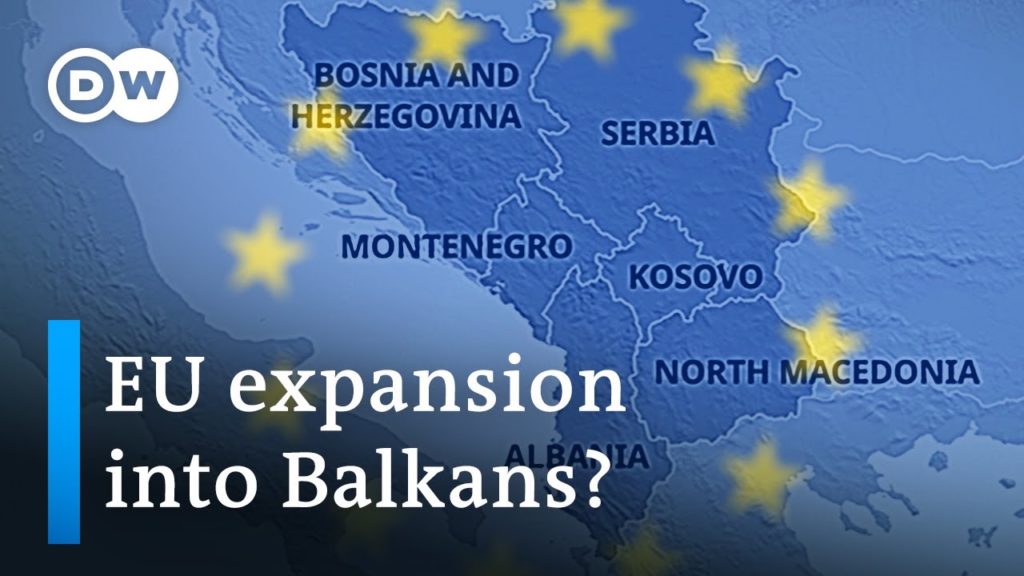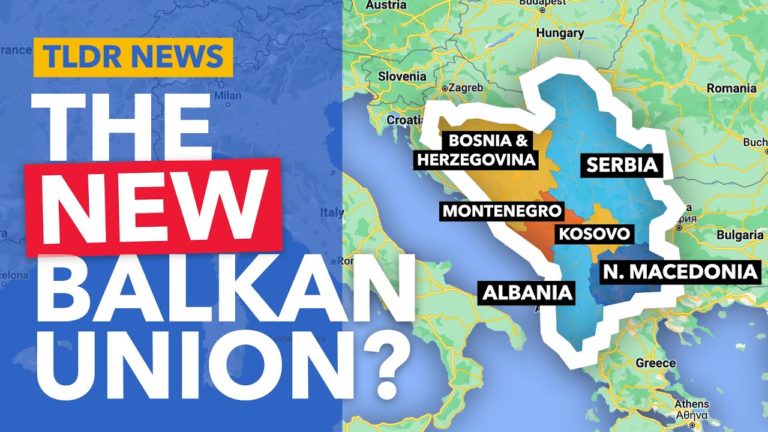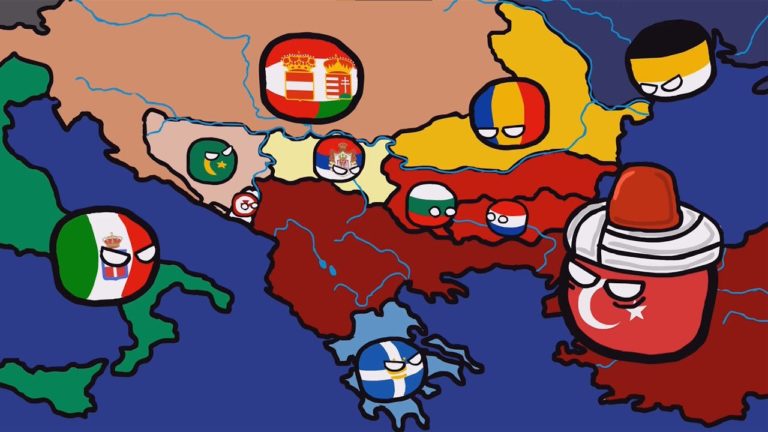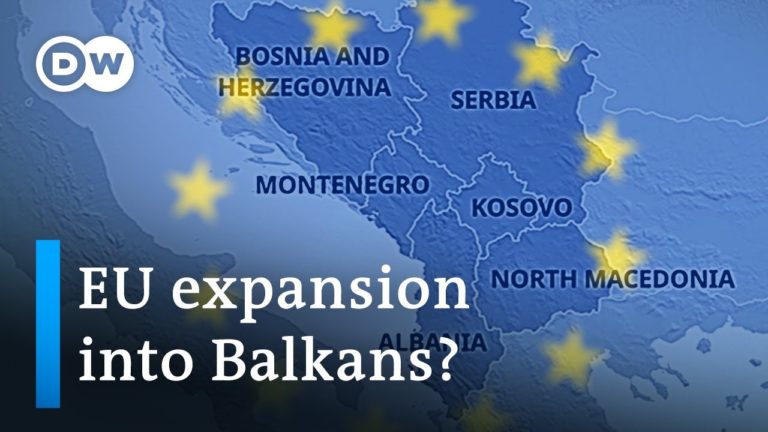The Balkans, a region steeped in history and culture, faces a significant challenge: declining populations due to emigration. Many young people are seeking opportunities abroad, leaving a demographic void that threatens the region’s future. However, there is a glimmer of hope. The European Union’s (EU) discussions on membership for the Western Balkans offer a path towards a brighter future.
EU membership would bring a number of benefits to the Balkans, including increased economic integration, political stability, and access to essential funds. It would also create new opportunities for young people, potentially stemming the tide of emigration.
Learning from Portugal’s Success
While the road to EU membership is long and winding, there are valuable lessons to be learned from other countries that have successfully navigated this process. Portugal, for instance, provides a compelling example. In the decades following its accession to the EU in 1986, Portugal witnessed a remarkable transformation. Its economy grew steadily, and the country became a magnet for foreign investment. This growth was particularly evident in the real estate sector.
Portugal’s golden visa program, which grants residency rights to foreign investors, has been a resounding success. It has attracted billions of euros in investment and revitalized many urban areas. How do they attract foreigners to buy property in Portugal and how can the Balkans learn from such insights?
The Balkans’ Path Forward
The Balkans can learn a great deal from Portugal’s experience. By creating a more attractive investment climate, fostering innovation, and investing in infrastructure, the region can position itself to benefit from EU membership. A thriving real estate market, similar to what Portugal has achieved, could be a key driver of economic growth and job creation.
The decision to join the EU is ultimately up to the people of the Balkans. However, the potential benefits are undeniable. By embracing reforms, promoting regional cooperation, and learning from the success stories of other countries, the Balkans can take its rightful place within the European Union.
The Balkans in 2025: Demographic Challenges and Lessons from Portugal
The Balkan region, rich in history and cultural diversity, faces significant demographic challenges in 2025. Declining birth rates, aging populations, and substantial emigration have led to concerns about the region’s future socio-economic stability. Let’s delve into these challenges and explores how Portugal’s experience can offer valuable lessons for the Balkans.
Current Demographic Trends in the Balkans
- Population Decline: Several Balkan countries are experiencing negative population growth due to low birth rates and high emigration.
- Aging Population: An increasing proportion of the population is over 65, leading to a higher dependency ratio.
- Urban Migration: Rural areas are witnessing depopulation as residents move to urban centers or abroad for better opportunities.
Socio-Economic Implications
The demographic shifts have profound implications:
- Labor Shortages: Key industries face workforce deficits, hindering economic growth.
- Healthcare Strain: An aging population increases demand for healthcare services and pensions.
- Education System Impact: Declining youth populations lead to school closures and reduced educational investments.
Portugal’s Experience: A Model for the Balkans?
Portugal faced similar challenges in the late 20th century but implemented strategies that revitalized its demographics and economy:
- Immigration Policies: Portugal introduced programs to attract immigrants, balancing population decline.
- Economic Incentives: Investment in technology and infrastructure created new job opportunities, reducing emigration.
- Urban Renewal: Revitalization of urban areas made cities more attractive for residents and investors.
Potential Strategies for the Balkans
Drawing from Portugal’s success, the Balkans could consider:
- Developing Pro-Immigration Policies: Creating pathways for immigrants can help offset population decline.
- Investing in Economic Development: Focusing on sectors like technology, renewable energy, and tourism to create jobs.
- Enhancing Quality of Life: Improving healthcare, education, and public services to retain and attract residents.
Lessons to take away
The demographic challenges facing the Balkans are complex but not insurmountable. By learning from Portugal’s experience and implementing targeted strategies, the region can work towards a more stable and prosperous future.
